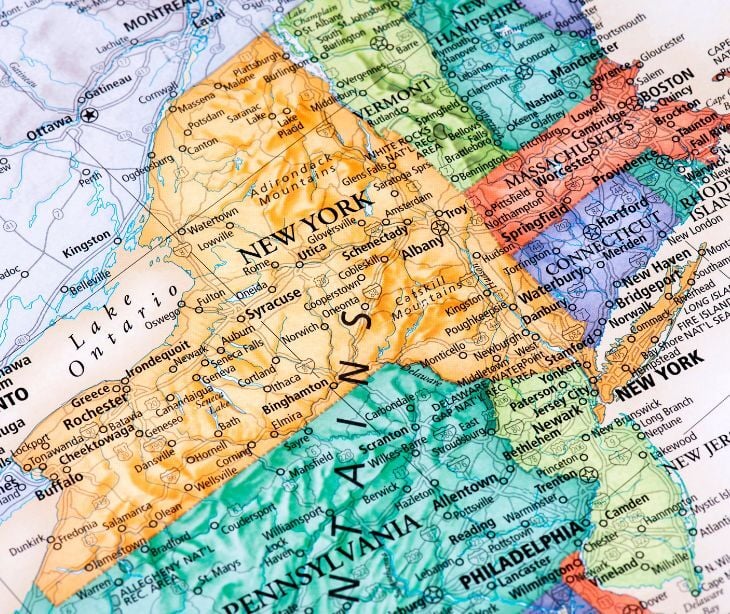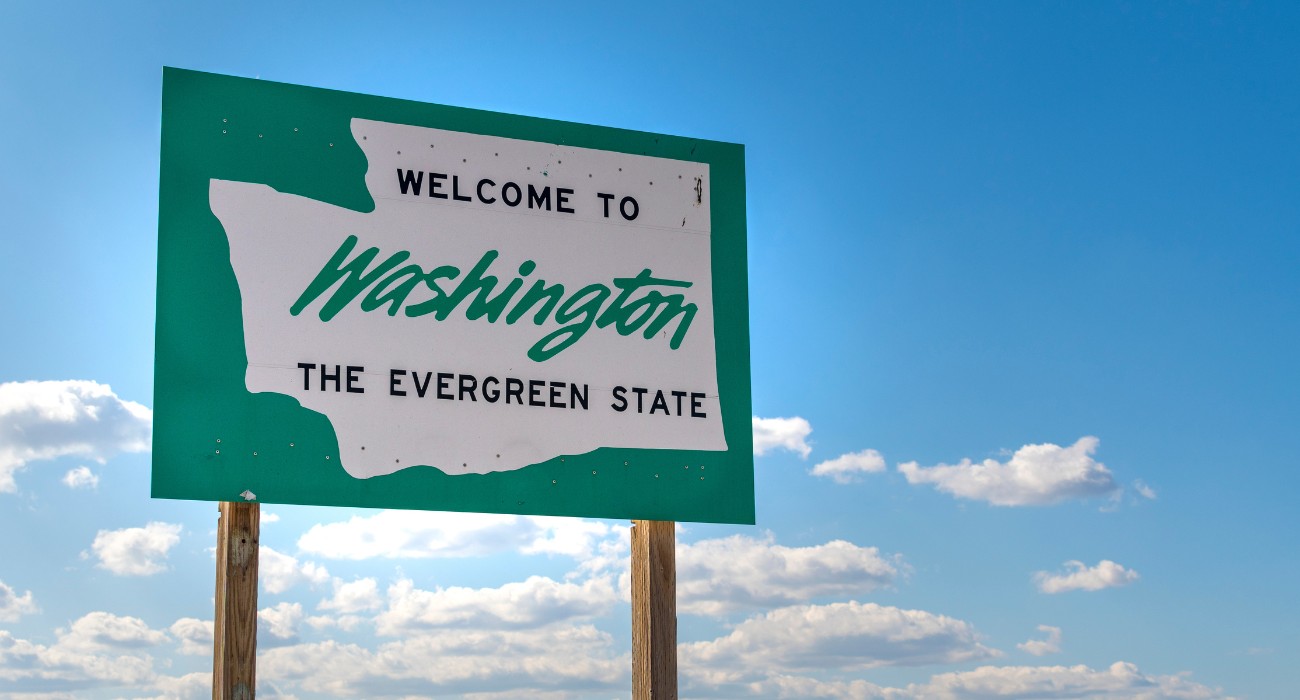2 min read
Virginia expands Consumer Protection Act to cover reproductive health data
Gugu Ntsele April 29, 2025

Virginia Governor Glenn Youngkin has signed SB 754 into law, amending the Virginia Consumer Protection Act (VCPA) to prohibit the collection, sale, or sharing of reproductive and sexual health data without consent. The law takes effect July 1, 2025.
What happened
On March 24, 2025, SB 754 was signed into law in Virginia, introducing new privacy safeguards for consumers' reproductive and sexual health information. The bill modifies the VCPA—rather than the Virginia Consumer Data Protection Act—allowing broader enforcement against businesses handling such data. Under SB 754, “suppliers” engaged in consumer transactions cannot collect, disclose, sell, or disseminate reproductive or sexual health information without the consumer’s explicit, opt-in consent.
The law adopts a wide definition of protected data, including health status, pregnancy-related metrics, use of contraceptives, and even inferred data from non-health sources. It also includes a private right of action, allowing individuals to seek damages, and authorizes the Attorney General to enforce violations.
The backstory
SB 754 follows a national trend of enhanced data privacy laws concerning sensitive health data, particularly post-Dobbs v. Jackson Women’s Health Organization. The bill mirrors aspects of Washington’s My Health My Data Act, reflecting growing concern around reproductive privacy and data misuse. It also comes amid growing scrutiny of data-sharing practices among digital platforms and health-related apps.
Going deeper
Features of SB 754 include:
- Broad definition of reproductive or sexual health data, including location info tied to services.
- No consent exceptions for necessary or compatible processing—unlike the VCDPA.
- Limited exemptions, with no broad carve-outs for HIPAA-covered entities or nonprofits.
- Applies to "suppliers" regardless of revenue or data volume, unlike typical privacy laws.
- Consent requirement defined as a clear, informed, and specific affirmative act.
- Dual enforcement mechanisms, offering a private right of action and AG enforcement.
What was said
According to the bill text, SB 754 prohibits “obtaining, disclosing, selling, or disseminating any personally identifiable reproductive or sexual health information without the consent of the consumer.” The law also states: “Consent” must be “a clear affirmative act signifying a consumer’s freely given, specific, informed, and unambiguous agreement to process personal data.”
Virginia law firm McGuireWoods commented: “SB 754 significantly expands the scope of regulated data in Virginia and could create operational challenges for entities that previously relied on narrower consent exemptions.”
Why it matters
For consumers—especially those seeking reproductive or sexual health services—SB 754 offers stronger control over their personal information, reducing the risk of unauthorized disclosures or targeted advertising. For companies, especially data brokers, health apps, and digital marketers, the law introduces stricter consent requirements and expands their liability under consumer protection laws. Noncompliance could now trigger enforcement actions and penalties under the Virginia Consumer Protection Act, making it crucial for organizations to re-evaluate how they collect, use, and share this sensitive data. Health providers and tech platforms operating in Virginia must also ensure their data practices align with these new obligations ahead of the July 2025 enforcement date.
The bottom line
Virginia’s SB 754 reflects a growing trend among states to protect reproductive and sexual health information in response to increasing public concern over data privacy. Its placement under the Virginia Consumer Protection Act—not the state’s general data privacy law—broadens its reach and introduces stronger consent requirements. Entities involved in consumer transactions should assess their data practices now to prepare for compliance by July 1, 2025.
FAQs
Does SB 754 apply to companies based outside of Virginia?
Yes, if they engage in consumer transactions with Virginia residents.
How does SB 754 impact fertility tracking or period apps?
These apps must now obtain clear, opt-in consent before collecting or sharing user health data.
Can employers be held liable under SB 754 for reproductive health data handling?
Possibly, if they act as “suppliers” in consumer transactions or improperly handle sensitive data.
Does SB 754 affect online advertising or marketing practices?
Yes, especially if targeting consumers based on reproductive or sexual health profiles without consent.
How does SB 754 interact with HIPAA protections?
SB 754 fills gaps where HIPAA doesn’t apply, such as apps or platforms not covered by federal health privacy laws.
Subscribe to Paubox Weekly
Every Friday we bring you the most important news from Paubox. Our aim is to make you smarter, faster.




